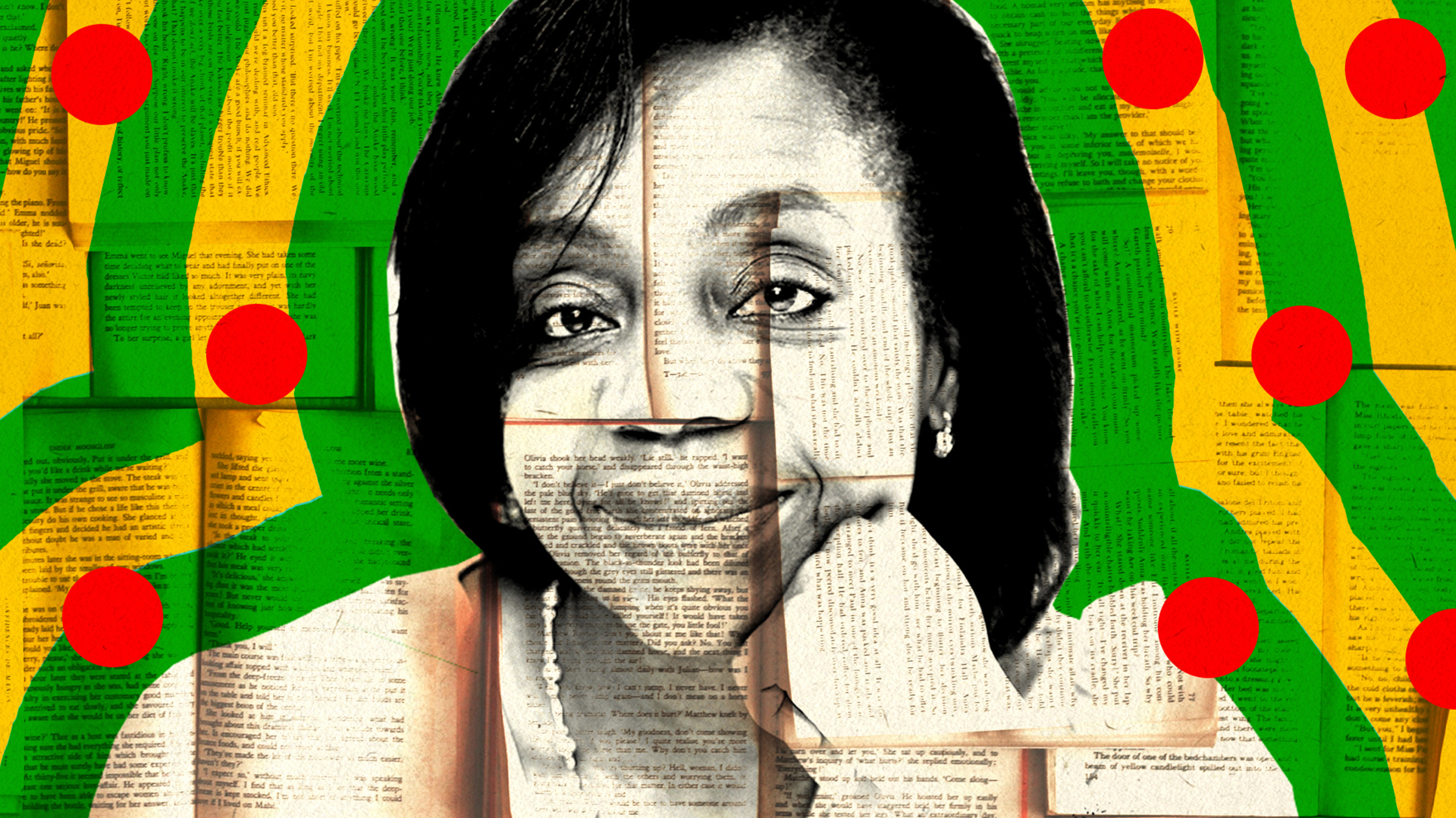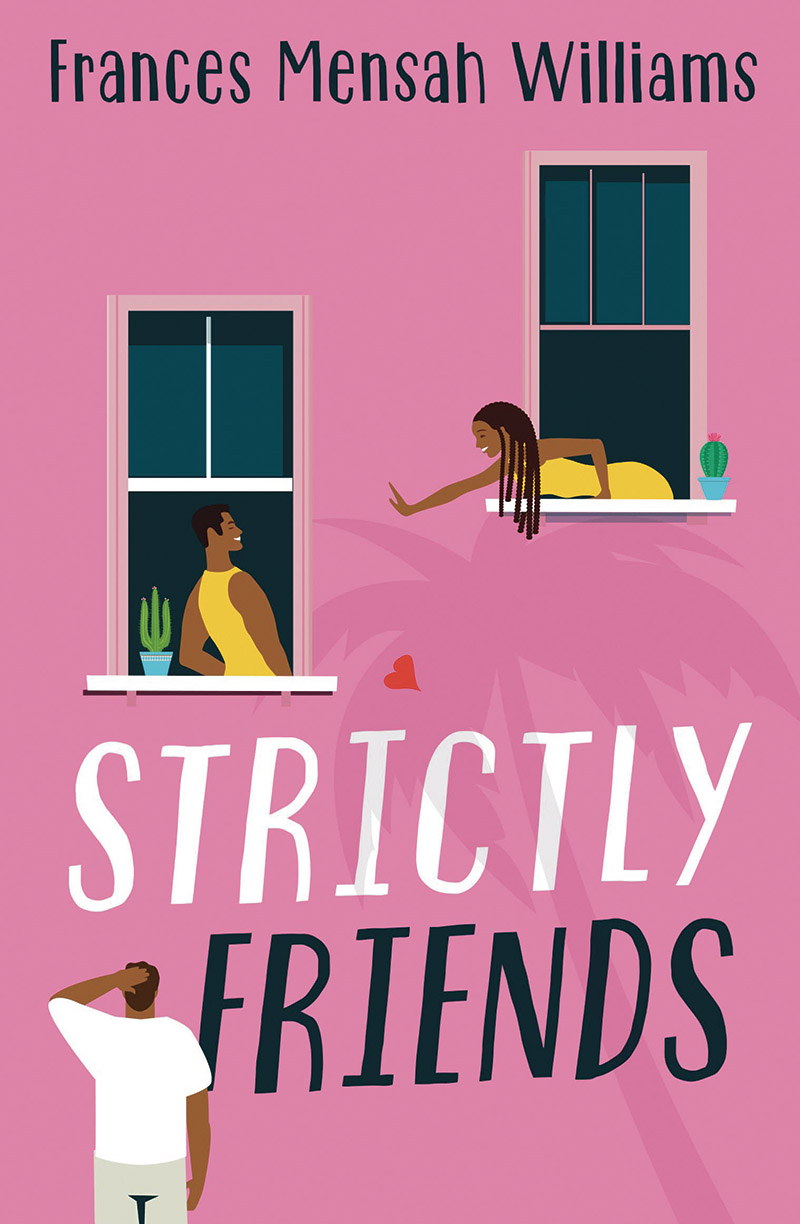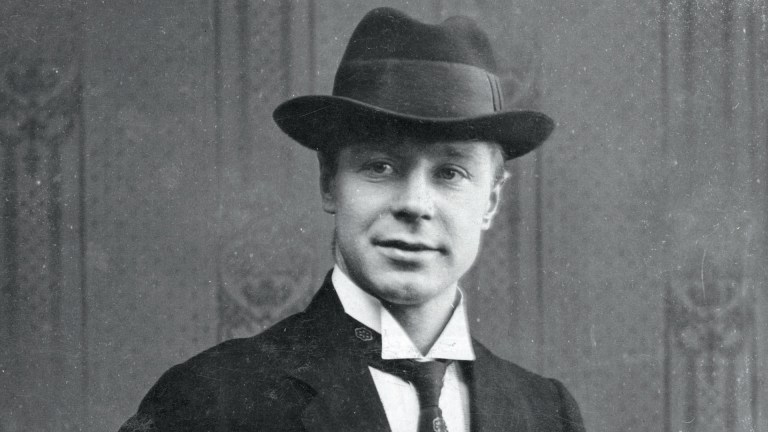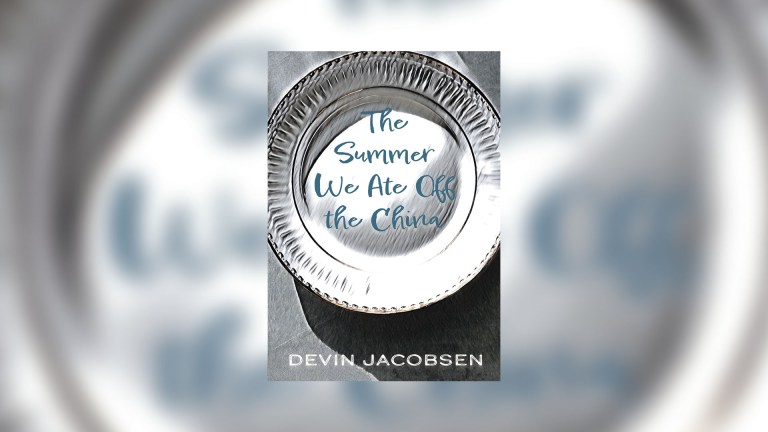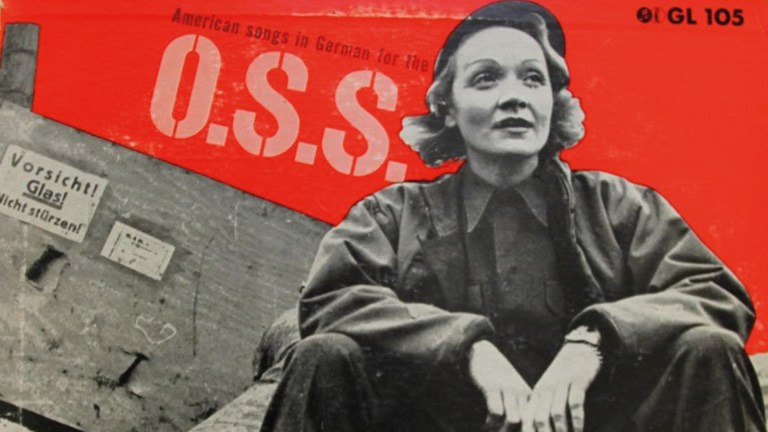Growing up, I was an unashamed book junkie who read absolutely everything. Despite my five siblings, books were my favourite companions and every Saturday I’d disappear to my tiny local Hampstead Garden Suburb library to work my way round the literary genres on offer. From Agatha Christie to Mills & Boon, from PG Wodehouse to revolutionary biographies, I travelled the literary universe, landing on worlds of romance, mystery, crime, history and even – somewhat dangerously for a girl with an overactive imagination – horror. I loved family sagas by Penny Vincenzi that spanned generations and continents, and marvelled at how Jilly Cooper created an expansive world of recurring characters. However, the novels I loved best were those that centred ordinary women overcoming life’s challenges – and usually with a love story at the centre.
While I happily read books written through the gaze of white writers, there was always something special about stories featuring Black heroines: girls and women who looked like me. I stumbled with glee across the African-American author, Terry McMillan, whose novels explore the lives of everyday Black women and celebrate sisterhood. It’s fair to say McMillan’s book Waiting to Exhale was, years later, an inspiration for my novel Imperfect Arrangements.
Your support changes lives. Find out how you can help us help more people by signing up for a subscription
Transitioning from avid reader to hopeful writer is but a short step. I would often scribble short stories or plot novels, convinced of their potential as instant bestsellers but which, mercifully, I’d never complete. Years later, when I started writing stories I could safely put out into the world, it soon became clear why the handful of books in my library that featured Black women had been published in America. My hunt for a publisher or – dream on – an agent for my manuscript about a Black British ‘girl next door’ in search of love and her Ghanaian roots, became a challenge like no other. Despite copious research into what publishers wanted, and trudging round book fairs, it was apparent that British publishers were only saying they wanted more diverse writers. Forget a Black heroine; for romantic fiction, blonde, blue-eyed Bridget Jones was a far easier proposition. Unless you were a literary heavyweight like Bernadine Evaristo or Chimamanda, the industry’s gatekeepers shied away from stories they didn’t know how to sell with an apologetic “Not quite right for us”.
Luckily, a few Black British writers had broken through and were successfully publishing commercial love stories featuring Black protagonists. Reading The Chocolate Run by Dorothy Koomson was transformational; finally, a rom-com whose protagonist was a young Black woman just like me. I was also excited to discover Ghanaian-Scottish novelist Lesley Lokko’s novel Little White Lies, which she set partly in Togo. These writers strengthened my ambition to integrate my African heritage into writing stories about smart, ambitious British women of colour navigating the challenges of family, career and love. They helped me push through the systemic barriers in British publishing to eventually find a publisher – and yes, an agent! – who welcomed stories that reflected the breadth of British culture.
My manuscript about the Black British girl next door finding love despite hilarious culture clashes became my first novel, From Pasta to Pigfoot. Readers loved it, and it was selected as one of the Top 25 Summer Reads by WH Smith. This month sees the publication of my seventh novel, Strictly Friends, starring Ruby, a no-nonsense Black Londoner who takes a trip to a Caribbean island with her son in a bid to stop his improbable fantasies about his errant father.
